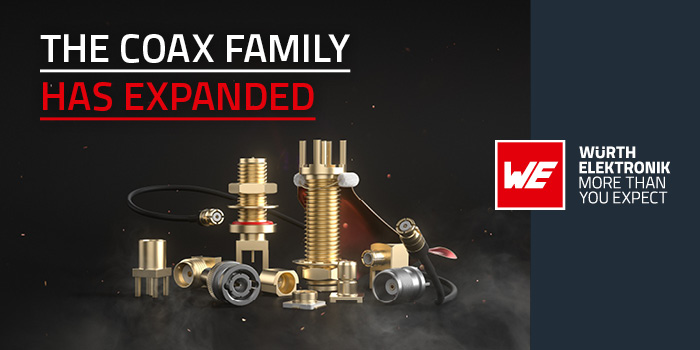Electronics Production |
Environmental Responsibility – Step-Up Eco-efficiency of Your Entire Process
The European Union’s (EU) integrated product policy has shifted emphasis from management of site-specific environmental impact to minimizing the environmental impact of each product throughout its lifecycle.
The EU’s environmental directives require the whole lifecycle of a product to be taken into account right from product development. Design for environment (DfE) aims at minimizing environmental impact throughout the product lifecycle. Key issues in environmentally benign product development include improving the recycling properties of products and minimizing the use of hazardous substances, energy consumption and quantities of materials needed.
The environmental impact of decisions made during the new product introduction phase affects the manufacturing and end-of-life phases in a product’s lifecycle. During new product introduction, manufacturers should aim to maximize the yield from a product and minimize scrap during manufacturing. Chemicals selected for use in the manufacturing process should take into account environmental, occupational health and safety considerations. The new product introduction phase also affects the recyclability of a product when it is taken out of use. It must be possible to dismantle a product in the final stage of its lifecycle so that the components and materials can be recycled effectively.
After-sales services, such as repair services, help extend a product’s lifespan, and at the same time, can reduce the number of products being taken out of use and their environmental load. To make the repair process more effective, it is important that features that simplify dismantling, recycling and other forms of repair are taken into account in product development and new product introduction.
The challenges posed by climate change concern everyone. It is practical to cooperate in spreading and adopting the best practices. Elcoteq is working to improve the environmental performance of its plants with long-term development work, by raising energy and material efficiency, and by reducing the use of hazardous substances. The company also engages in an on-going dialogue with the stakeholders concerning their expectations for Elcoteq’s operations and corporate responsibil¬ity management, so as to ensure quick and correct response to their different needs and requirements. Elcoteq has been a member of EICTA (European Information, Communications and Consumer Electronics Technology Industry Association) and the European Alliance for Corporate Social Re¬sponsibility since 2006. Both organizations offer opportunities to benchmark, share experiences and launch joint efforts to monitor and influence development of the business and regulatory environment.
By Carsten Barth, Elcoteq
Click here to read the Elcoteq Blog


